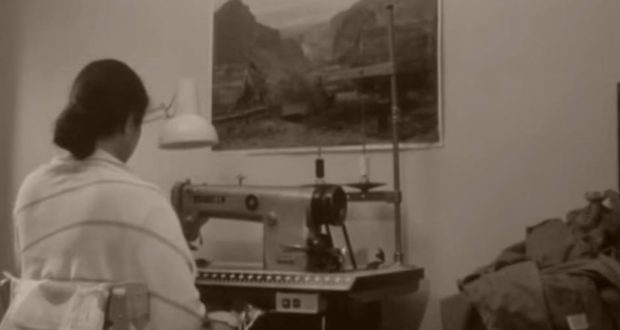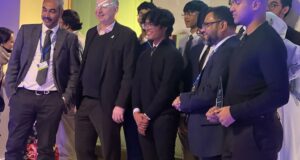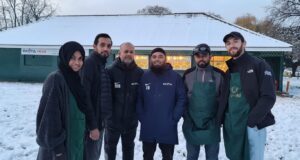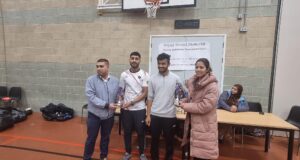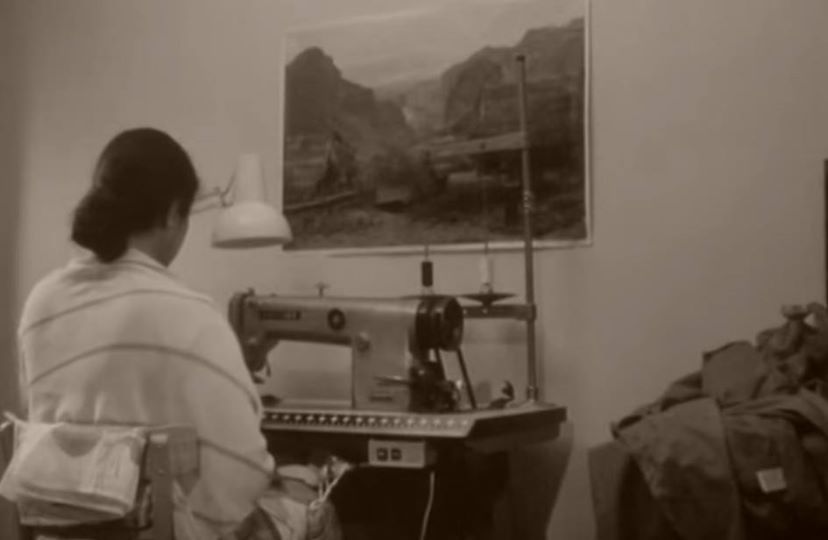
Stepney Community Trust (SCT) is pleased to announce an award of £55K from The National Lottery Heritage Fund to help reveal the incredible untold stories of the first-generation Bangladeshi women in Tower Hamlets who earned money working from home as seamstresses to support their families.
The project will cover a period of thirty years,1970 – 2000, and explore the rise and decline of Bangladeshi women home seamstresses in the Borough of Tower Hamlets. Many older women from this community living in the area today or who lived there in the past are in their 50s, 60s and 70s, and represent a very little known, but highly significant, East End heritage. They and many others who have already passed away have incredible, unique, individual and shared stories of being the first-generation Bangladeshi women in the East End of London who worked from home as seamstresses to support their families. The historically significant and well-known local rag trade provided them with an opportunity to work from home, like thousands of others from the then ever-increasing diverse local communities.
Most of these women were very young, some with children, when they first joined their husbands in London. Many of them got employed in economic activities soon after arriving into the country, while others started a little later, working from home to support their families. They faced many difficulties and challenges of the time.
While working as seamstresses from home, they brought up their children and undertook a multitude of other daily household duties, such as cooking and washing. Many older children, especially female members, also helped their mothers in sewing garments at home. As the children grew up, some of them also joined the rag trade, young men joined factories while young women worked from home. There were some Bangladeshi men who worked from home and women who worked in factories too, but the figures were quite low and insignificant compared to men working in factories and women working from home.
These women worked very hard with very little or no real social life or interactions with the wider society. They often experienced racial abuse themselves or feared that their husbands and children would be racially attacked when out of their houses. Examples of racial abuse experienced included: verbal name calling; physical violence and pigs’ heads being placed outside their front doors; and women comforting their children and husbands after they became victims when outside the house.
In the early 1970s, East London was still a very important centre of the rag trade and work was plentiful. Employers and factory owners looked for exploiting new opportunities to manufacture clothing and leather items. Many of the early employers who commissioned Bangladeshi women machinists working from home were Jewish. As the 1970s progressed into the 1980s, many Bangladeshi men who were previous employees also started to become owners of clothing and leather factories. However, as time passed into the early 1990s, the rag trade started to decline and eventually disappeared from the area, which was the major cause of a period of high levels of unemployment within the Bangladeshi community.
During the 1970-2000 period, East London experienced major changes, caused by post war immigration, experiences of and the fight against racism, decline of local industries, closures of docks and local resistance to protect jobs, halt and reverse environment dereliction and rising unemployment, as well as new initiatives and resources by local and central governments and the private sector for regeneration and community development programmes.
Stepney Community Trust’s 4th unique National Lottery Heritage Fund project “will help reveal and share the untold hidden stories of these women who contributed so much to society, economy and their families’ well-being, while making many sacrifices of their own health and dreams”. This heritage is very important for the present and future generations of the Bangladeshi and the wider East London’s diverse communities.
The project will help increase knowledge and understanding of the complex and varied heritage of London’s East End rag trade. It will undertake oral history interviews with eighteen Bangladeshi and six non-Bangladeshi women home seamstresses of the period, six children / grandchildren of such women and six businesses that supplied the work. There will be research on East End rag trade history, Bangladeshi Migration and the changing contexts of the time, which will add wider dimensions to the world of these women.
The work will be undertaken by community participants, to be known as heritage oral historians and heritage researchers: they will also collect relevant photographs and documents. They will receive training in oral history, archival research and archiving, provided by the Oral History Society, Tower Hamlets Local Library and Archives and London Metropolitan Archives.
There will be a printed black and white book, an exhibition, a drama performance and a project completion celebration. The collection of oral history, photographs and documents will be deposited at the Tower Hamlets Local History Library and Archives. A six-month touring exhibition / workshops will follow in four venues, which will include the drama performance.
Stepney Community Trust (SCT) would like to thank The National Lottery Heritage Fund for their grant support and the National Lottery players that fund Britain’s diverse heritage.
For more information about this unique project, contact Muhammad Ahmedullah / Bodrul Alom on 020 7377 5482 or email heritageproject@stepney.org.uk / bodrul@stepney.org.uk
 LBTV A Force for the community…
LBTV A Force for the community…
